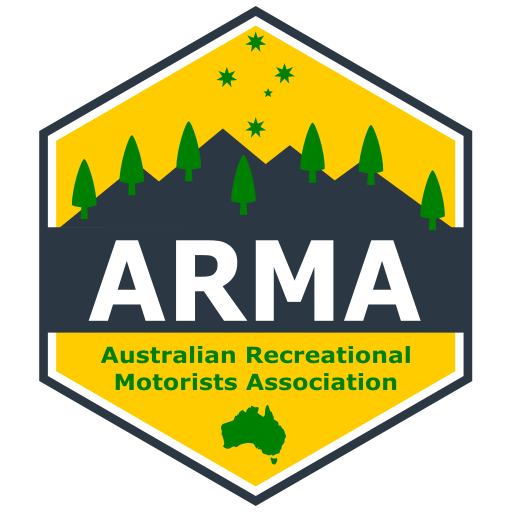Responsible Driving In Recreational Areas
Minimise your impact by travelling only in areas open to four-wheel drive vehicles.
Every true recreational enthusiast should know the basics of minimising impact in the great outdoors. The following points follow the principles of the Tread Lightly campaign.
Travel Responsibility
Travel responsibly on designated roads, tracks or areas.
- Travel only in areas open to recreational vehicles and obey all state vehicle regulations and road rules.
- Respect the cultural, heritage and environmental values of all lands.
- Drive over, not around obstacles to avoid widening the track.
- Straddle ruts, gullies and washouts even if they are wider than your vehicle.
- Cross creeks only at designated crossing points, where the track crosses the creek.
- When possible, avoid mud. In soft terrain, go easy on the accelerator to avoid wheel spin, which can cause rutting.
- Don’t turn around on narrow roads, steep terrain or unstable ground. Back up until you find a safe place to turn around.
- Stop frequently and check ahead on foot. To help with traction, balance your load and lower tyre pressure to where you see a bulge (typically not less than 20 psi).
- Know where the differential or the lowest point on your vehicle is. This will help in negotiating terrain and prevent vehicle damage resulting in oil and fluid spills on the track.
- Maintain a reasonable distance between vehicles.
- Comply with all signs and respect closed gates.
- Travel with a group of two or more vehicles. Driving solo can leave you vulnerable if you have an accident or breakdown. Designate meeting areas in case of separation.
- When recovering a vehicle always inspect your equipment, use the right rated equipment for the situation. Attend a course to learn safe recovery techniques.
- Don’t mix driving with alcohol or drugs.
- Take home all rubbish. Keep the environment clean.
Respect The Rights Of Others
Respect the rights of others, including private property owners, all recreational track users, campers and others so they can enjoy their recreational activities undisturbed.
- Be considerate of others on the road or track. Learn the basics of track etiquette.
- Leave gates as you find them. If crossing private property, be sure to ask permission from the landowner(s).
- Give way to those passing you travelling uphill. Give way to mountain bikers, hikers and horses.
- Proceed with caution around horses and pack animals. Sudden, unfamiliar activity may spook animals—possibly causing injury to animals, handlers and others on the track.
- Do not idly ride around in camping or picnicking, areas.
- Keep speeds low around people and in camping areas.
- Keep the noise and dust down.
Educate Yourself
Educate yourself prior to your trip by obtaining travel maps and regulations from public agencies, planning for your trip, taking recreation skills classes and knowing how to operate your equipment safely.
- Obtain a map, (as detailed as possible) of your destination and determine which areas are open to off-road recreational vehicles.
- Take a realistic plan and stick to it. Always tell someone of your travel plans.
- Check with the land manager’s websites for area restrictions, closures and permit requirements.
- Check the weather forecast before you go. Prepare for the unexpected by packing necessary emergency items.
- Take an Four Wheel Drive course to learn more about negotiating terrain in a four-wheel drive vehicle.
- Make sure your vehicle is mechanically up to task. Be prepared with tools, supplies, spares and a spill kit for track-side repairs.
Avoid Sensitive Areas
Avoid sensitive areas such as lake shores, wetlands and streams. Stay on designated routes.
- Other sensitive habitats to avoid include living desert soils and seasonal nesting or breeding areas.
- Do not disturb historical, archaeological or paleontological sites.
- Avoid “spooking” livestock and wildlife you encounter and keep your distance.
Do Your Part
Do your part by modelling appropriate behaviour, leaving the area better than you found it, properly disposing of waste, minimising the use of fire, avoiding the spread of invasive species and restoring degraded areas.
- Carry a rubbish bag on your vehicle and pick up rubbish left by others.
- Practice minimum impact camping by using established sites, camping 200 feet from water resources and trails.
- Observe proper sanitary waste disposal or carry your waste out.
- Protect the soundscape by preventing unnecessary noise created by a poorly tuned vehicle or revving your engine.
- Before and after a trip, wash your vehicle to reduce the spread of invasive species.
